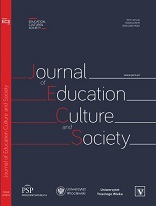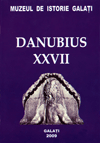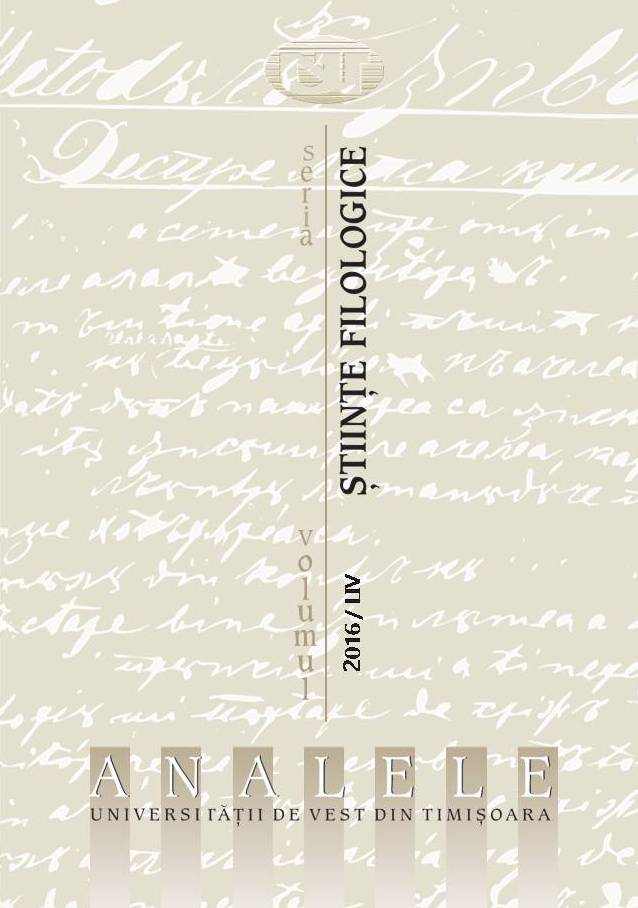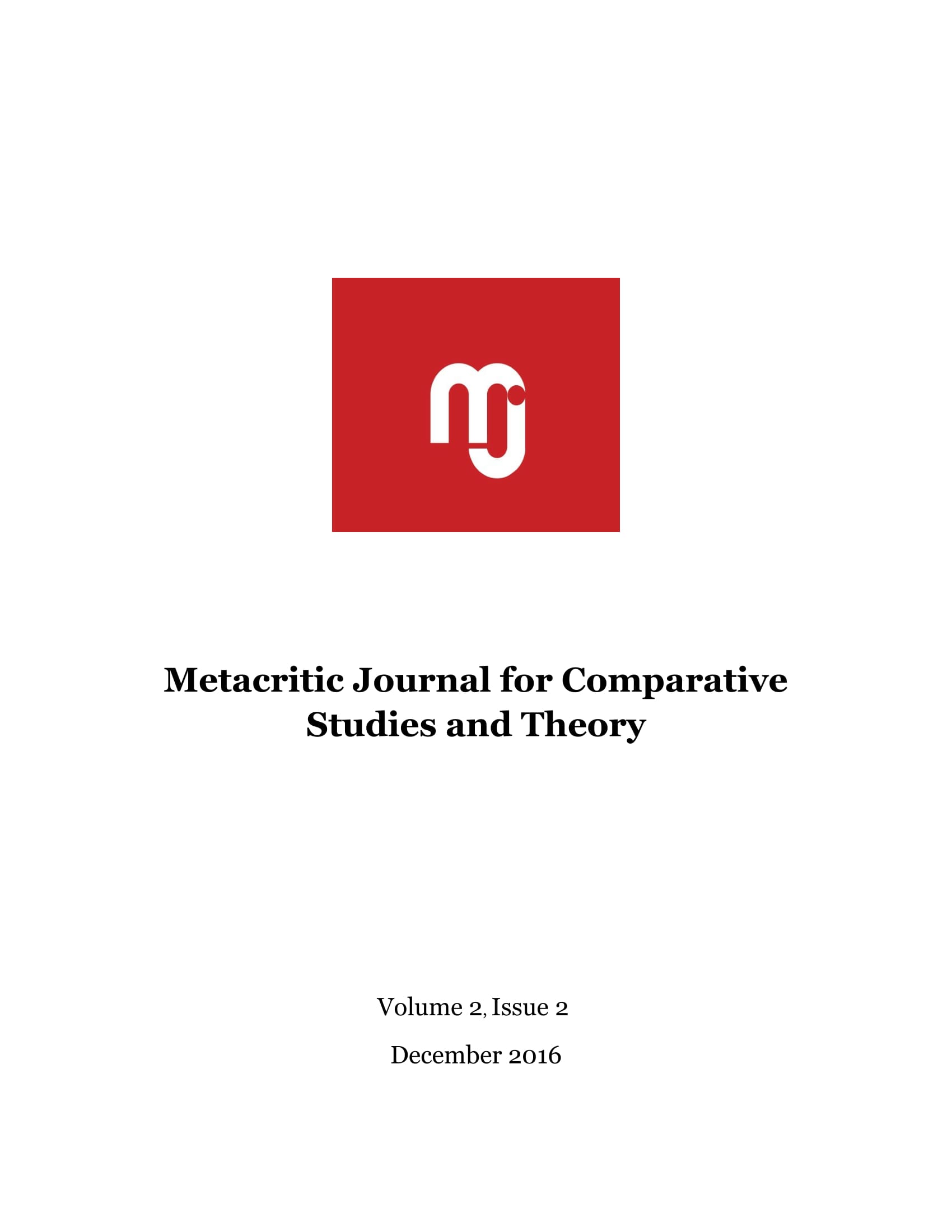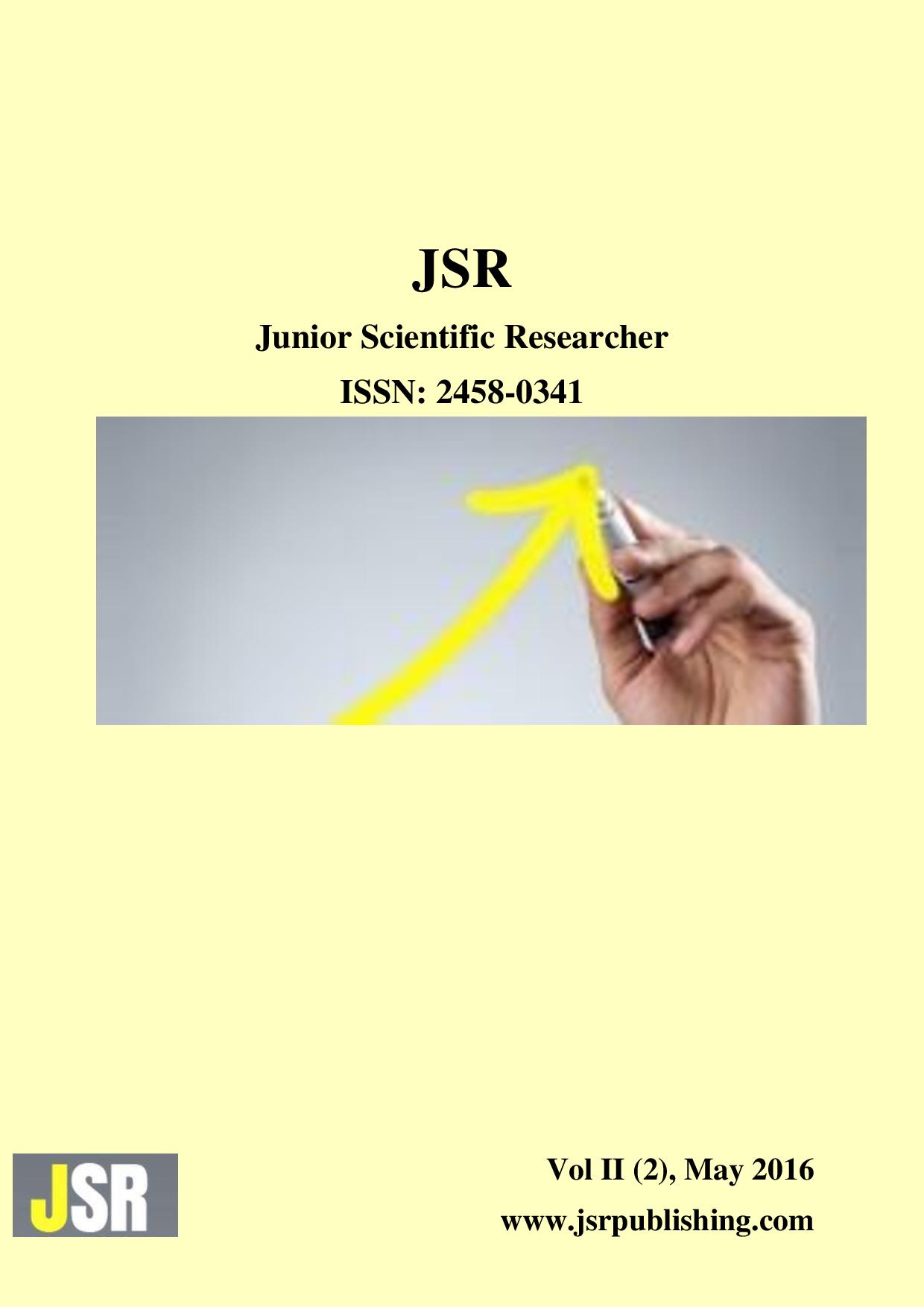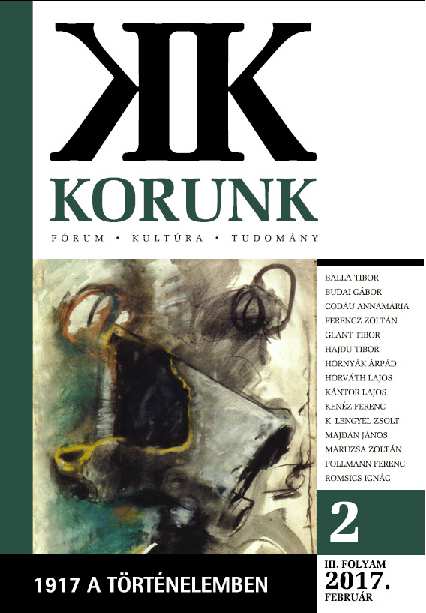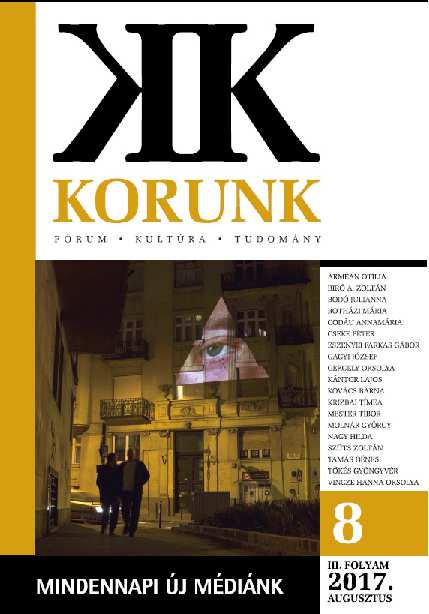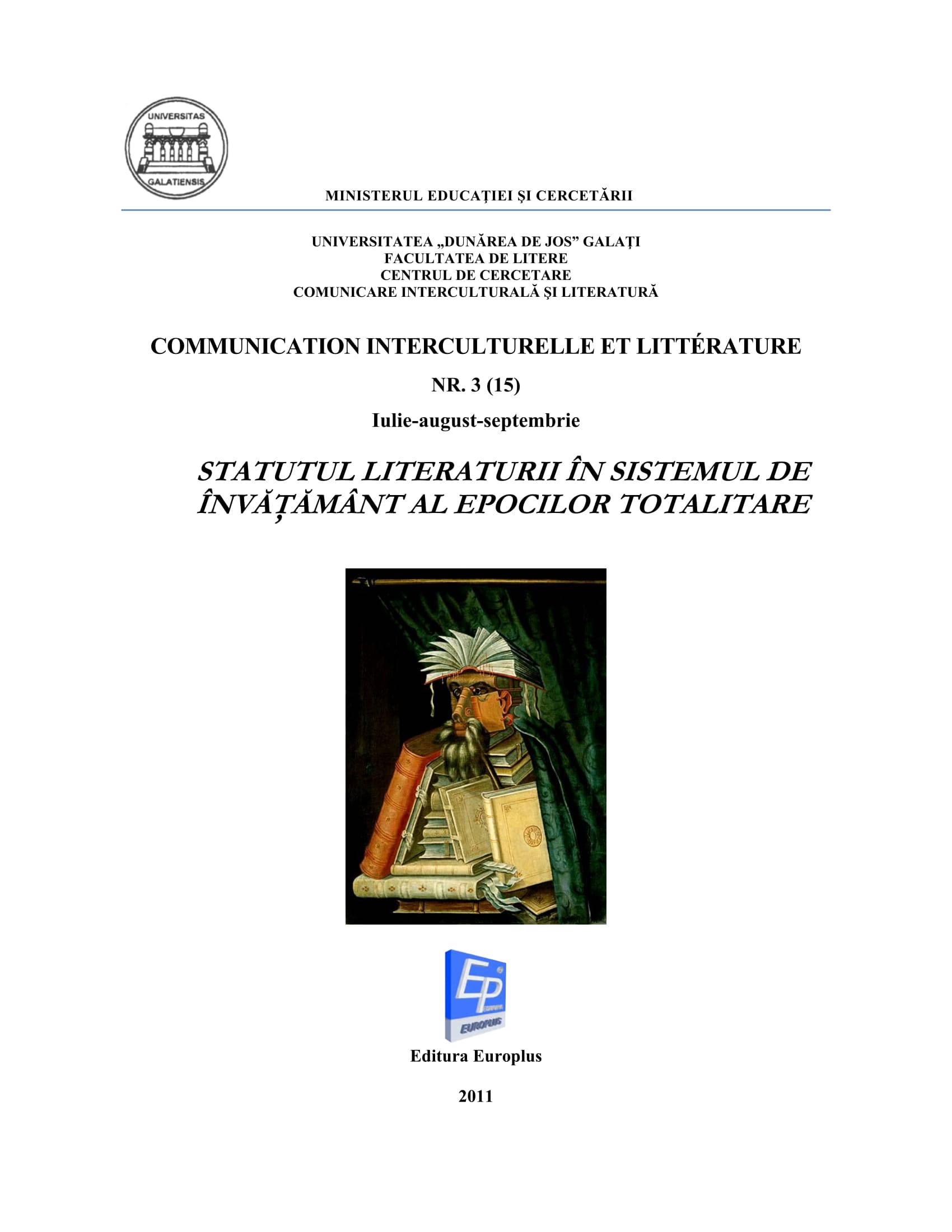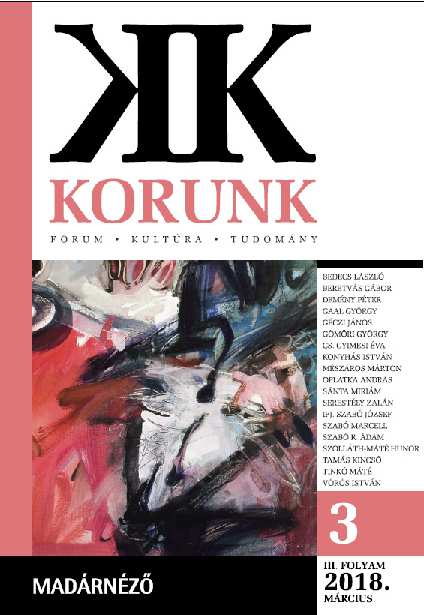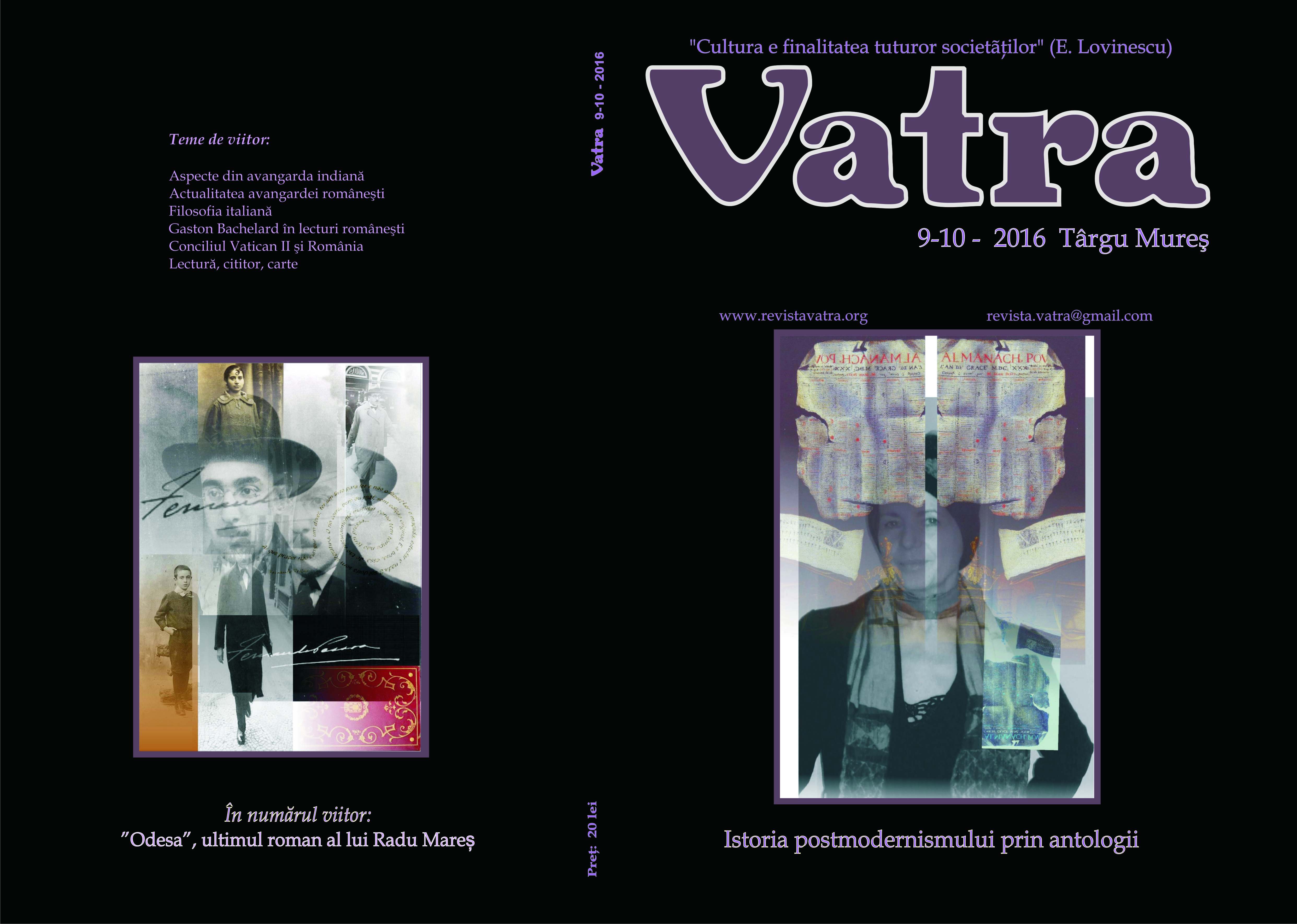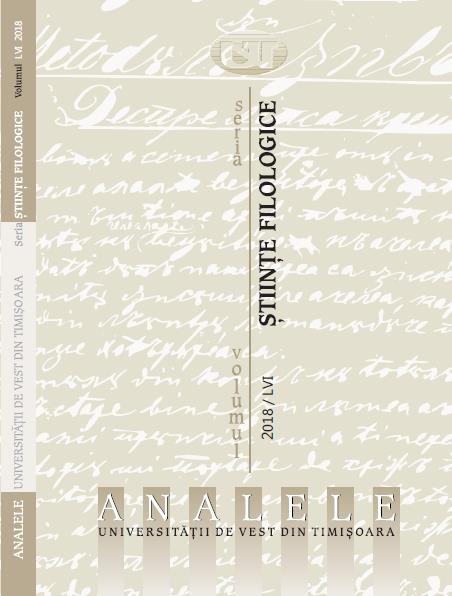Author(s): Răducu Rușeț / Language(s): Romanian
Issue: 2/2016
This historical research entitled Careers, destinies and Romanian national attitudes in Bessarabia: Constantin Stere and Romanian Life Journal aims to evoke some aspects of biographical and journalistic activity of the writer, publicist and politician Constantin Stere. This biographic-intellectual and diachronic reconstitution of personality of Bassarabian Constantin Stere approach aims to bring on the first stage of actual historiography an exposure of his life.The author divided this article into several sequential steps: 1) Early Years; 2) High School and the first political initiatives; 3) The period of detention and deportation; 4) Return from exile and university studies; 5) Political and journalistic activity; 6) His last years. Far from having pretensions of completeness, this historical approach wishes, in anniversary year, to bring, based on bibliography, some important moments from Constantin Stere’s life, the novelty of this study consisting of historical and historiographical revaluation of the importance of Constantin Stere, proposing a new approach and a historical perspective of the subject.The current state of research on the topic consisted in a review and reevaluation of sources. Thus, we can mention that about Constantin Stere are written important works, studies, articles, numerous online sites that published articles about his work etc. A historiographical reconsideration of the subject proposed reveals a growing interest in the debate about his personality. We will mention the following works: Virginia Musat: Constantin Stere. The Writer (1978); Ion Căpreanu, The essay of a restitution. Constantin Stere (1988), Zigu Ornea Life of Constantin Stere (1989, 1991), a monography in two volumes. He also republished in Bucharest in 1991 and 1993, the work dedicated to Stere. The increased attention also in Moldavia was revealed in 1991 when appears the V. Badiu’s documentation about C. Stere’s activity. A great importance has I. Vasilenco’s article in1963. There are another two books published in 1957: Alone against all (Alina Ciobanu) and Constantin Stere: The victory of a defeat (Maria Teodorovici). More recent works are those of Ion Space, Constantin Stere the writer, the publicist, the politician, the man, Moldovian’s Academy of Sciences, Chisinau, 2009 and Lucian Boia, The Germanophiles, Humanitas, Bucharest, 2013. Also, in recent bibliographic literature about Constantin Stere, we have to reveal the three-volume edition edited by Professor Victor Durnea, C. Stere- Journalism, published by Alexandru Ioan Cuza University of Iasi. We can see that from the 90s until the present politico-literary and journalistic work of this writer became more researched and studied. After outlining the current state of this research, we can say that, through this article, in this festive moment for Chisinau, we reveal moments and aspects of the life of a journalist often forgotten: Constantin Stere. We consider it is important to study the personality of this politician and publicist because history can be defined by the sum of biographies of people who have worked in a certain period of time. The era of Stere worth to be explored and studied in the context of political and intellectual evolution in the second half of nineteenth century and the hole twentieth century.
More...

